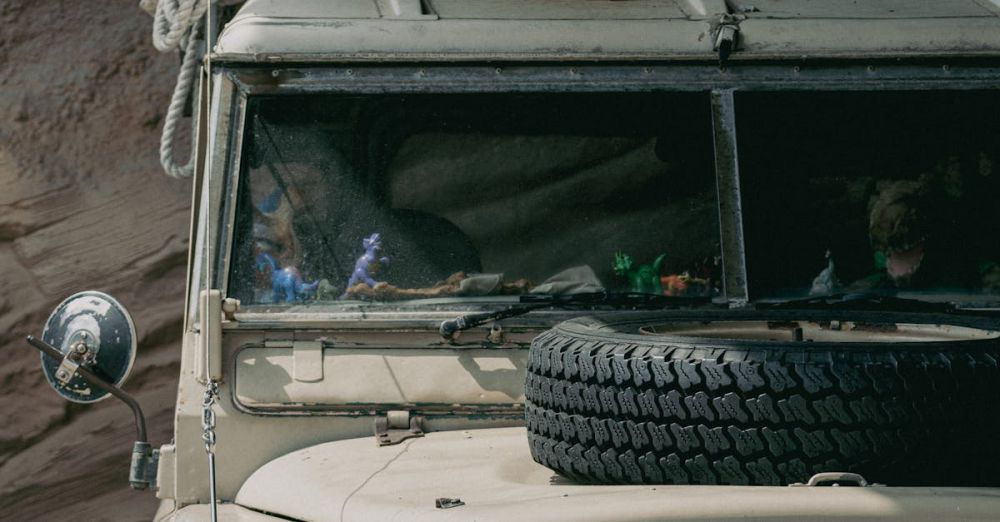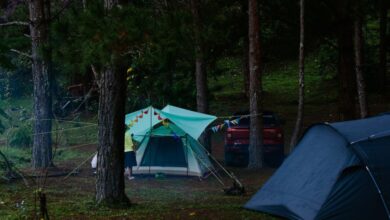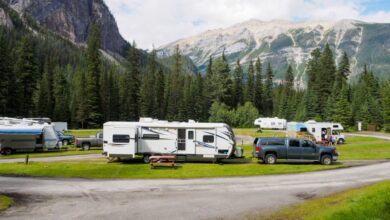How Do You Find Remote Camping Spots
For outdoor enthusiasts seeking a true escape from the hustle and bustle of everyday life, remote camping spots provide an unparalleled opportunity for solitude and connection with nature. The serenity of a secluded site, far from crowded campgrounds, can rejuvenate the spirit and inspire adventure. However, finding these hidden gems requires a bit of effort and research. Here’s how you can discover those elusive camping locations that make your getaway truly special.
Exploring Online Resources
The internet is a treasure trove of information when it comes to finding remote camping spots. Websites like Campendium and AllTrails offer user-generated content featuring reviews, photos, and detailed descriptions of campsites. These platforms allow you to filter your search based on location, amenities, and user ratings. Additionally, forums like Reddit’s r/camping or specialized Facebook groups can provide valuable insights from fellow campers who have ventured off the beaten path.
Don’t underestimate the power of social media either; platforms like Instagram and Pinterest can lead you to stunning locations through hashtags and geotags. Search for terms like #wildcamping or #solitudecamping to uncover scenic spots that might not be well-documented elsewhere.
Utilizing Mapping Applications
In addition to traditional mapping services, specialized apps can greatly enhance your search for remote camping locations. Applications such as Gaia GPS or OnX Offroad offer detailed topographic maps, allowing you to identify potential camping areas that are off the grid. These tools often include features like trail information, land ownership boundaries, and satellite imagery, helping you visualize the terrain and select the best spots for your adventure.
When exploring these maps, be sure to look for public land areas, such as national forests or Bureau of Land Management (BLM) lands, where dispersed camping is often permitted. These regions typically offer vast expanses of unspoiled nature, making them ideal for those seeking solitude.
Connecting with Local Communities
One of the best ways to discover remote camping sites is by tapping into local knowledge. Engaging with local outdoor clubs, hiking groups, or even visiting nearby ranger stations can provide insights that aren’t available online. Local campers often have insider tips on less-known locations and can guide you to unmarked trails or secluded areas that offer the peace you’re looking for.
Consider attending outdoor events or workshops in your area. These gatherings not only foster a sense of community but also create opportunities to network with seasoned campers who might share their favorite off-the-radar spots.
Researching Land Regulations
Before heading out to a remote camping spot, it’s crucial to familiarize yourself with local regulations. Each area may have specific rules regarding camping, campfires, and wildlife interactions. Researching these guidelines helps ensure that your adventure is not only enjoyable but also responsible.
Websites for national and state parks, as well as BLM lands, provide important information about rules pertaining to camping. Additionally, checking for potential permits or reservation requirements can save you from unexpected surprises upon arrival.
Being Prepared for the Unexpected
When venturing into remote areas, preparation is key. Ensure you’re equipped with the right gear, a reliable navigation system, and adequate supplies. It’s wise to carry a first-aid kit, plenty of water, and food, as well as a means to purify water if necessary.
Also, keep in mind that remote camping can present unique challenges, such as sudden weather changes, wildlife encounters, and accessibility issues. Always inform someone of your plans and expected return times, and consider bringing a satellite phone or personal locator beacon for emergencies.
Finding Your Perfect Spot
The thrill of discovering a remote camping spot lies not only in the destination but also in the journey of exploration. By leveraging online resources, utilizing mapping applications, connecting with local communities, and understanding land regulations, you can uncover hidden treasures in nature.
With preparation and an adventurous spirit, your quest for solitude in the great outdoors can lead you to unforgettable experiences, where the only sounds are the rustling leaves and the call of distant wildlife. Embrace the wild, and let your next camping adventure be a true escape from the ordinary.







